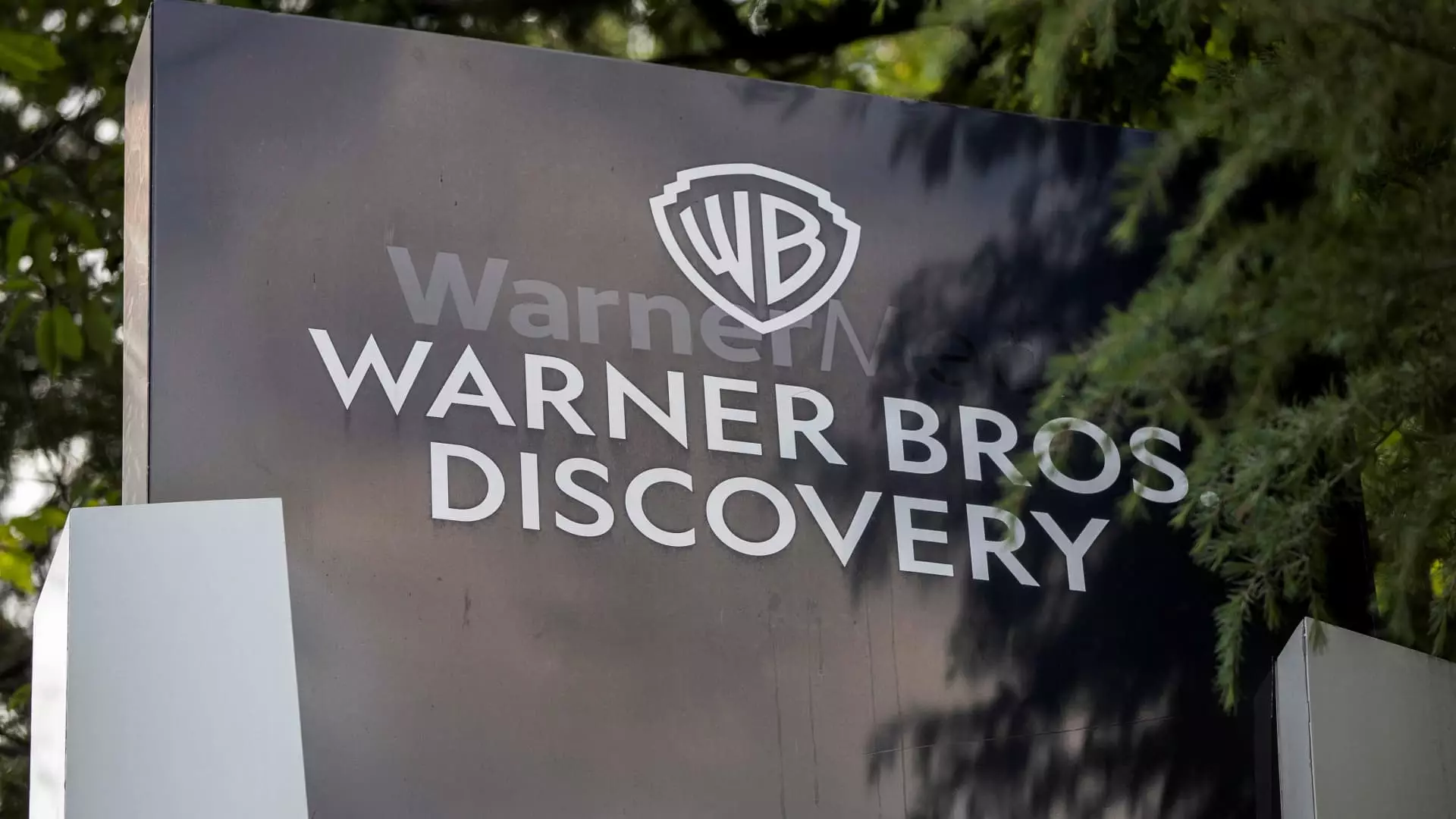The recent resignation of Steven Miron and Steven Newhouse, both directors at Warner Bros. Discovery, has made headlines following an investigation by the U.S. Department of Justice. These two directors, appointed in April 2022 after the merger of WarnerMedia and Discovery, were under scrutiny for potential violations of the Clayton Antitrust Act. This act prohibits directors or companies from simultaneously serving on the boards of competitors, raising concerns about conflicts of interest.
Steven Miron, the CEO of Advance/Newhouse Partnership, and Steven Newhouse, the co-president of Advance, are prominent figures in the media and technology industry. While their terms on the Warner Bros. board were supposed to last until 2025, they chose to voluntarily resign from their positions in light of the DOJ investigation. Despite their departure, both directors denied any wrongdoing, stating their commitment to the company as large stockholders.
Rather than engaging in a legal battle with the DOJ, Warner Bros. Discovery decided to part ways with Miron and Newhouse to address the concerns raised by the antitrust investigation. This move was aimed at upholding the integrity of the company and ensuring compliance with regulatory guidelines. The resignation of these directors reflects a commitment to ethical business practices and transparency in corporate governance.
DOJ Statement and Industry Impact
According to the Department of Justice, the conflicting company in question is Charter, a media company based in Connecticut that offers video distribution services similar to Warner Bros.’ streaming platform Max. The presence of Advance representatives on both Warner Bros.’ board and Charter’s board raised red flags regarding potential anti-competitive behavior. The DOJ emphasized that such overlaps in directorship could stifle competition and harm consumers.
Implications for the Industry
The resignation of Miron and Newhouse serves as a cautionary tale for companies navigating complex regulatory landscapes. It underscores the importance of ensuring compliance with antitrust laws and maintaining independence in corporate governance. By addressing potential conflicts of interest proactively, businesses can mitigate legal risks and uphold the trust of shareholders and consumers. The outcome of this case highlights the need for robust oversight and accountability in the corporate world.

